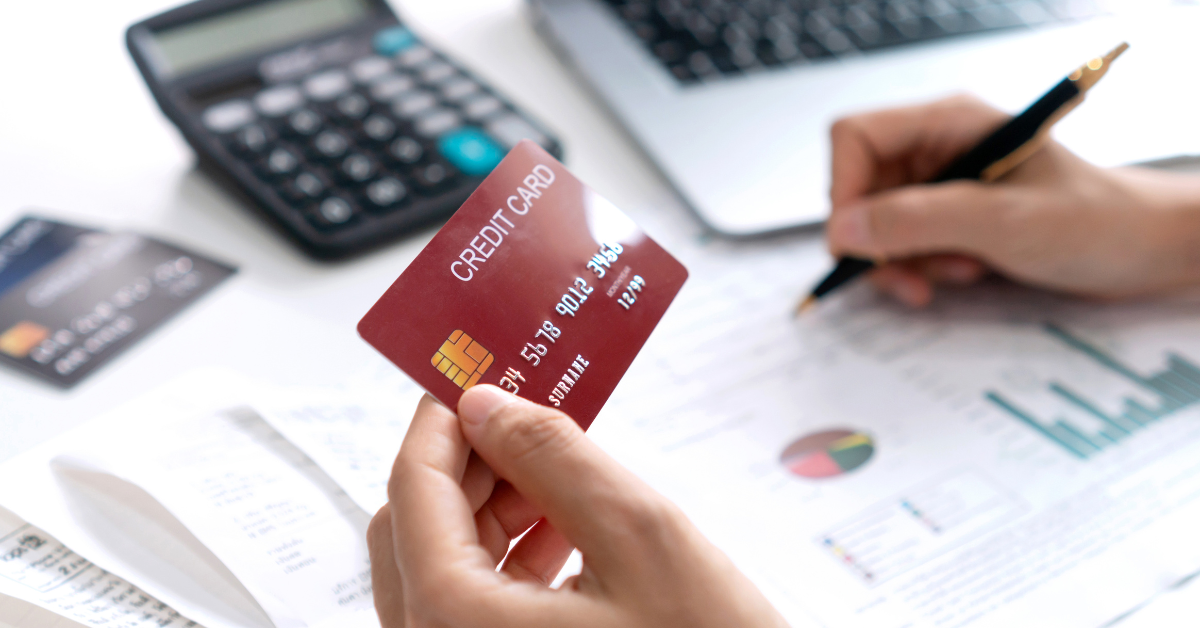Credit Score plays a vital role when credit card issuers/lenders make a decision of approval/rejection of your credit application. This is why it becomes important for everyone to build and maintain a good credit score from the early years of their life. Even if you don’t need credit right now, you might need a home loan or a car loan in the future, which will be easier to get with an excellent credit score. Talking about how this credit score is built, your repayment history of different credit cards/loans plays the most important role here. Delaying or missing credit card payments can affect your credit profile negatively and your credit score may drop by a large number of points just in a few months. To understand the impact of missed credit card payments on your credit score, continue reading the article:

How Delayed Payments Affect Your Credit Score?
Your payment behavior is the most significant factor that is considered by the credit bureaus while preparing your credit report. It makes up 35% of your credit score and this is why making timely payments is the most important thing to keep in mind while using a credit card. So, if you delay or miss your credit card bill payment, it is going to impact your credit profile really badly. You may observe a huge drop in your credit score after defaulting on credit card payments. Most card issuers give their customers a few days even after their payment due date to clear their dues. It doesn’t mean that the late payment fee and the interest charges would be applicable, but they will just don’t report the delay to the credit bureaus. However, if you delay your bill payment by more than 15 to 30 days, it will definitely be reported to the credit bureaus and your credit score might become worse.
So, in order to maintain a healthy credit score and avoid unnecessary charges, you should try not to delay your credit card bill payment even by one day. If it becomes really difficult to pay the full outstanding balance, just make sure that you at least pay the minimum due amount. You can make the most out of your credit card only if you are responsible enough to repay the bills on time, otherwise, the interest charges might take over all the rewards & benefits offered by your credit card.
Read More: How Much Should You Pay on Your Credit Card Bill
Things To Keep in Mind
The following are a few important tips to keep in mind in order to keep your credit journey smooth and maintain a good credit score:
- Try Paying The Full Outstanding Balance: Instead of making only the minimum due payment, you should try to pay the full outstanding amount in order to achieve an excellent credit score. Not only this, but it also helps you avoid late payment fees and interest charges.
- Set Reminders: If you have multiple credit cards and you often miss credit card payments just because you don’t remember the dates, you can set bill payment reminders and pay the bill as soon as you get reminded.
- Set Up Auto Payments: Setting autoplay for your credit card bill payment is another great idea to avoid missed payments. If not for the full outstanding balance, you can set autopsy for the minimum amount due, so that you can at least avoid late fees and a bad impact on your credit score.
- Consider EMI/Balance Transfer When Unable To Pay: If your credit card bill has become really huge and now you are finding it difficult to clear such a big amount, you can convert your credit card bills into EMI. It will make the bill payment easier for you by breaking the outstanding balance into smaller parts. If this doesn’t seem to be a good idea, you can consider a balance transfer to another card that has a lower interest rate. However, these options should be used only in emergency situations to avoid increasing interest charges.
Bottom Line
If you miss credit card payments once, the outstanding balance keeps increasing due to interest and other unavoidable changes. It might also become a huge debt trap in the future, which will not only affect your credit score but your financial health will also be impacted badly. So, you should try your best to pay the full outstanding balance every month, so that you can get the maximum benefit out of the credit card grace period and other features. Minimum payment Due should be considered only when you are really unable to pay the full amount.









